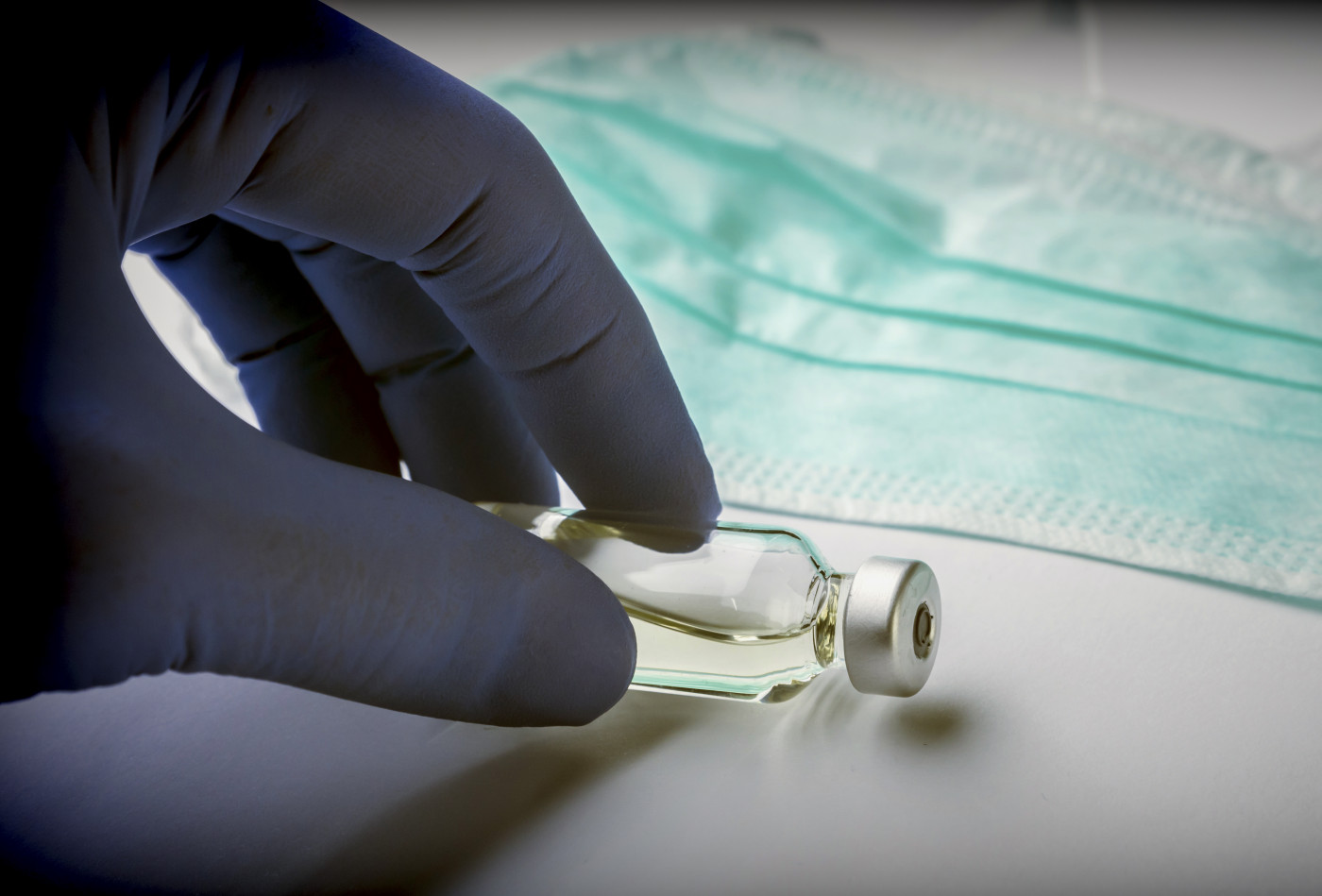HPV Vaccine Not Seen to Raise Risk of Autoimmune Disease in Canadian Study
Written by |

Girls given the quadrivalent human papillomavirus (HPV4) vaccination, commercialized as Gardasil, showed no increased risk of developing autoimmune diseases like multiple sclerosis (MS), according to a new Canadian study.
The time since vaccination and the number of vaccine doses given also did not correlate with diagnoses of such disorders, supporting the vaccine’s safety.
These findings were published in the Canadian Medical Association Journal, in a study titled “Quadrivalent human papillomavirus vaccination in girls and the risk of autoimmune disorders: the Ontario grade 8 HPV vaccine cohort study”.
HPV is the most common sexually transmitted infection in the world, with a prevalence of 50 to 75 percent among sexually active people.
The Gardasil vaccine, developed and commercialized by Merck (known as MSD outside the U.S. and Canada), was first licensed and recommended for girls and women in 2006 to protect against cancers linked to HPV.
Despite the demonstrated safety and efficacy of Gardasil at protecting against 90 percent of the strains that cause cervical and anal cancer, concerns remain about the vaccine’s possible link to autoimmune disorders.
Researchers conducted a retrospective study to assess the risk of autoimmune diseases like MS, lupus, rheumatoid arthritis, and type 1 diabetes following Gardasil vaccination among girls eligible for a HPV vaccination program in Ontario, Canada.
“Despite demonstrated effectiveness in real-world settings, concerns continue to persist regarding the safety of the HPV4 vaccine,” Jeffrey Kwong, PhD, a study author and senior scientist at the Institute for Clinical Evaluative Sciences (ICES) at Public Health Ontario, said in a press release.
“In light of these concerns, we wanted to study the HPV4 vaccination since it was being offered free to all grade 8 girls in Ontario through school-based clinics,” Kwong added.
Kwong and colleagues looked at data from 290,939 girls, ages 12 to 17 years, who were eligible for vaccination between 2007 and 2013.
A total of 180,819 girls (62.2 percent) received at least one dose of Gardasil, with most receiving all the three doses (81.8 percent). The remaining 110,120 girls (37.8 percent) were not vaccinated.
Of the 180,819 given the vaccine, 681 would go on to be diagnosed with an autoimmune disorder — 77 of them, or 11.3 percent), between one week and two months after vaccination. These rates, the researchers said, were consistent with general rates of diagnosed cases in this age group.
Cases of juvenile rheumatoid arthritis, immune thrombocytopenic purpura (a disease characterized by unusually low levels of platelets – the cells that help blood clot), optic neuritis (an inflammation of the optic nerve), and Bell palsy (a condition in which the muscles on one side of the face become weak or paralyzed) were observed.
Cases were as likely to be diagnosed after the first dose (21 girls), as after the second (26 girls) or third dose (30 girls).
“This large, population-based study did not find a significant risk of autoimmune disorders following HPV4 vaccination among girls aged 12–17 years, including girls with a history of immune-mediated disorders,” the team concluded. “Moreover, our results were robust to numerous sensitivity analyses.”
Linda Lévesque, PhD, the study’s senior author and a professor at the Leslie Dan Faculty of Pharmacy, University of Toronto, added: “These findings add to the body of evidence on the safety of the HPV4 vaccine and should reassure parents and health care providers.”
The study was funded by the Ontario Ministry of Health and Long-Term Care, Drug Innovation Fund and the Canadian Institutes of Health Research.


